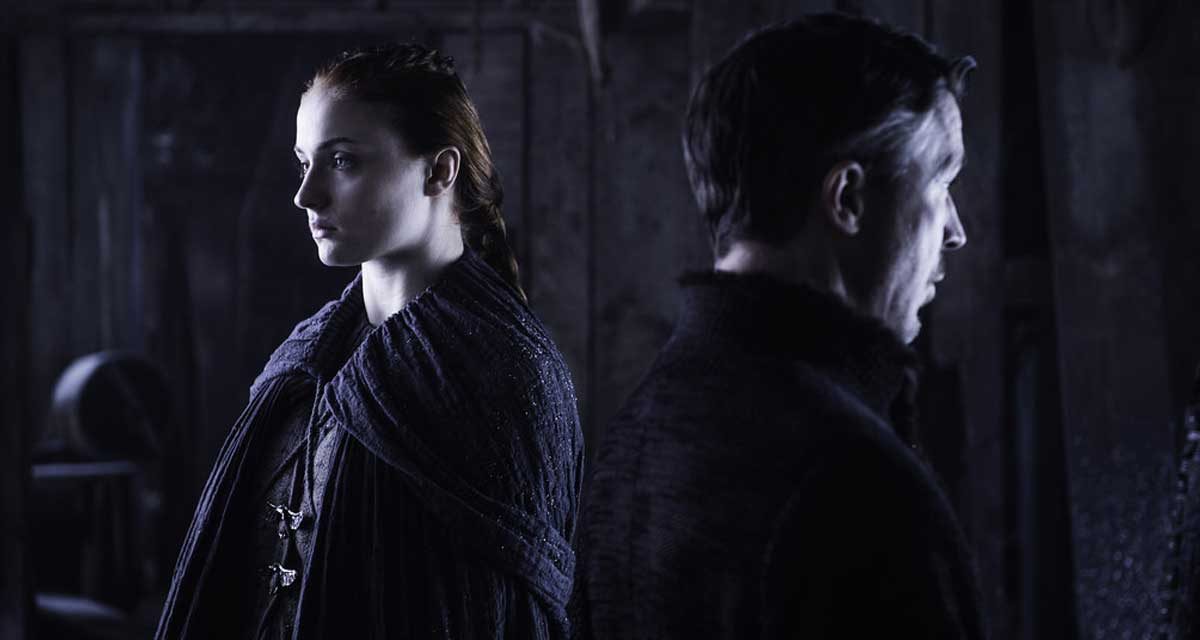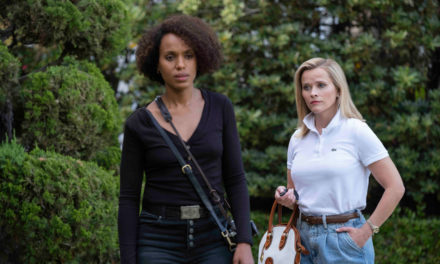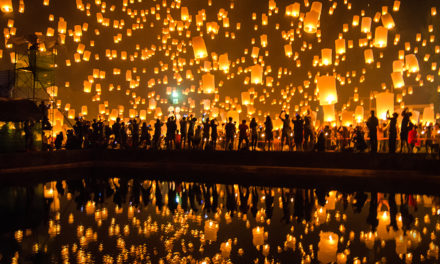In April 2011, a new TV show hit the HBO roster, a strange fantasy-epic series that no-one was quite sure of. The first episode garnered around 2.5 million viewers, with an average of 9.3 million for each episode of season one. By the time season seven hit, that number had reached around 30 million viewers. Eight years on, if you’re not watching Game of Thrones, it is safe to say that you must be some sort of social pariah. But how did this series end up becoming one of the most popular shows of all time?
Fantasy or Fiction?
On the outside, Game of Thrones seems like your typical fantasy archetype. There’s your typical honourable hero, your damsel in distress that hasn’t yet realised her full potential and of course the King. By the end of the pilot, all of these notions are thrown out of the window. And by the end of season one? You’ll start wishing for the reliable fantasy stories that you were once accustomed to. That is one of the most alluring features of the series, the fact that anything can happen to anyone – without reservations – keeps us on our toes, whether we like it or not. For many show producers, appeasing the fan-base can sometimes be high up on the priority list and usually there are lines that we are sure that they would never cross. Yet Game of Thrones spins that on its head, crossing all the lines, all the time.

A Fully Realised World
The show is adapted from the best-selling series A Song of Ice and Fire by George R.R. Martin. In an interview for The Guardian, Martin highlights The Lord of the Rings as one of his early inspirations for the series. While the level of world-building is reminiscent of Tolkien, George R.R. Martin goes above and beyond. The world of Westeros is one that is so fully realised that it almost doesn’t seem too far removed from reality. There are different languages, cultures and backgrounds that are entirely their own and it gives the audience a level of escapism that can quickly become addictive.
A Touch of Reality
On the other hand, Game of Thrones still makes sure that there is still a healthy dose of reality to keep us entertained. The age-old themes of religion, war, sex, gender and power are all prominent throughout the series and one could argue that this is really where the element of the show lies. The power-hungry characters are ones that we see around us all the time, the unreasonable cult-like fanatics are not unheard of in our own societies and gender equality is still a battle we’re fighting. This is how Game of Thrones grounds the sceptical viewers, the ones that aren’t entirely convinced by the historical fantasy element. It reminds them that despite the fire-breathing dragons and the ice zombies, these characters can still be related to.
Good vs. Evil
This brings us on to our characters – another undeniably strong feature of the series. It helps that these are some of the most diverse characters even seen on TV, from Tyrion the Imp to the Sand Sisters of Dorne to the Mother of Dragons. But unlike so many shows, the concept of ‘good’ and ‘evil’ is explored authentically and doesn’t place characters into ill-defined boxes. Just like the real world, the lines between good and evil are continuously blurred making for some complex characters. One of them is Cersei Lannister, the show’s most popular villain and the daughter of one of the richest men in Westeros. From episode one, it’s clear that Cersei would go to any horrible lengths to ensure her safety yet her genuine love for her children allows viewers to see a much more vulnerable side to her. This is the power of Game of Thrones, it reminds us that even the wickedest of people can be multi-dimensional – well, other than Ramsay Bolton.

Production Like No Other
We would be doing the series a great disservice if we didn’t stress its extensive production value. It’s not a cheap show to produce and since season six, every episode has cost around US$10 million dollars to make. Not to mention that Game of Thrones is filmed in numerous locations spanning Croatia, Iceland, Malta, Morocco, Spain and more. HBO’s investment makes complete sense for a show this vast and diverse. It’s logical that an appropriate budget was required particularly for the later seasons as the battles become more epic. Everything down from the special effects to the cinematography is so extraordinary that the series actually earned itself the title of being the first TV show aired in IMAX theatres, rivalling even the biggest blockbusters.
Cultural Impact
With so many choosing Game of Thrones as their poison of choice, the world has become a little more interconnected. Now it’s not unusual to hear variations of ‘Winter is Coming’ or ‘You Know Nothing’ in conversations, drink a Game-of-Thrones-inspired cocktail or read about another new-born named Khaleesi. But the global impact goes further than that, as the show has inspired a committed fanbase the level of Star Wars or Harry Potter.Considering streaming services and binge culture have become the norm, the unparalleled success of Game of Thrones is that much more powerful. While viewers have now become accustomed to watching a whole season in one go, the series still offers the excruciating pain of waiting for a week, only intensifying the show.
With 47 Primetime Emmy Awards under its belt, a record viewership at HBO and the highest death rate of any TV show, Game of Thrones has long become a global phenomenon. As fans across the world mentally prepare for the final season, airing this Sunday April 14th, we can all agree that the ending of Game of Thrones will leave behind a direwolf-sized hole in our hearts that may never again be filled.
]]>- This Artist is Making the Underwater Arena His Canvas - 28th April 2021
- A Video Game that Promotes Peace and Conflict Resolution - 15th March 2021
- Netflix’s ‘Living Undocumented’ is a Difficult Series to Watch, and Exactly Why We Should - 9th March 2021






